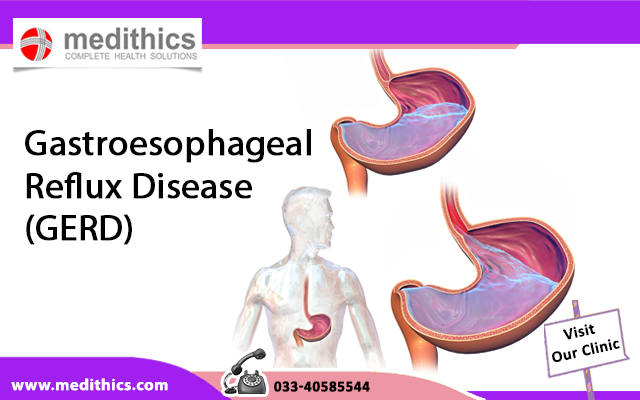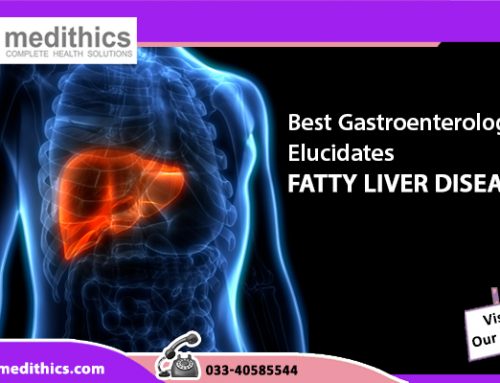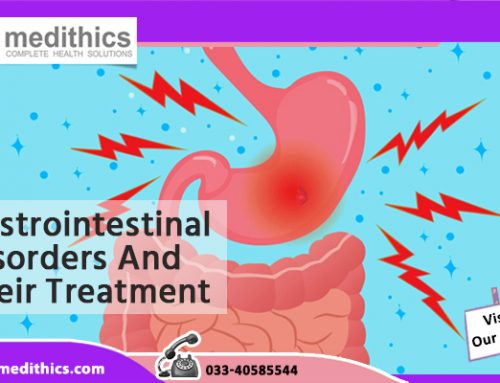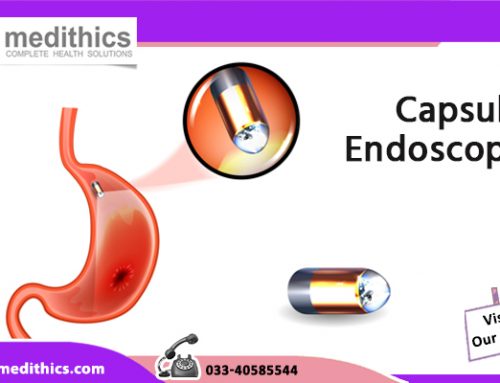If there is such a condition in which stomach acid flows back into the esophagus, it is gastroesophageal reflux disease (GERD). This flowing back is known as the backwash or acid reflux and it can irritate the lining of the esophagus. The tube that forms a connection between the stomach and the mouth is the esophagus. Making changes in lifestyle and consuming over-the-counter medications help some people to manage the symptoms of GERD but that is not the case with the others. They need stronger medications or surgery to get relief from the symptoms.
Symptoms
Some common symptoms of GERD are:
- Heartburn
- Pain in the chest
- Regurgitation of sour liquid or food
- Laryngitis
- Chronic cough
- Disrupted sleep
It is advisable to consult the top gastro specialist in Kolkata if you have these symptoms.
Causes
Frequent acid reflux is a major cause of GERD. Around the bottom of your esophagus, there is a circular band. When you swallow, this band relaxes so that food and liquid flow into your stomach. It closes again after that. The band is known as the lower esophageal sphincter. Stomach acid can flow back up into your esophagus if the band weakens. Your esophagus gets inflamed as the constant backwash of acid irritates the esophageal lining.
Risk factors
You can have an increased risk of GERD due to a variety of conditions. Some of them
- Obesity
- Pregnancy
- Disorders of connective tissue
- Delayed emptying of the stomach
Acid reflux can worsen due to:
- Eating late at night
- Eating fatty or fried foods
- Drinking beverages like alcohol or coffee
Diagnosis
There will be a physical examination of your signs and symptoms by a gastroenterologist in Kolkata. He/she may also suggest the following tests:
-
Upper endoscopy: To examine the inner area of your esophagus and stomach, the doctor inserts an endoscope, a tube with a light and camera, down your throat. It can detect inflammation of the esophagus.
-
Ambulatory acid (pH) probe test: The doctor places a monitor in your esophagus to test for how long the stomach acid regurgitates there. You have to wear a small computer in your body, which is attached to the monitor. The form of the monitor may be a thin tube or a small clip.
-
Esophageal manometry: When you swallow, the measurement of the rhythmic muscle contractions in your esophagus is the function of this test.
-
X-ray of the upper portion of your digestive system: You have to drink a special liquid that coats and fills the inner lining of your digestive tract. Then the doctor takes an X-ray of the area. It gives the doctor a view of the silhouette of your esophagus, stomach and upper intestine.
Treatment
A gastro specialist in Kolkata recommends medicines or surgery depending on your situation. You may get benefits from antacids and medicines that block the production of acid and heal the esophagus. There is a need for strong medicines in many cases. Surgery is an effective option if medicines don’t work.
-
Fundoplication: The surgeon wraps the fundus, which is the upper curve of the stomach, around the esophagus. He/she then sews the area in such a way that the lower portion of the esophagus makes its way through a small tunnel in the stomach muscle. This tightens the lower esophageal sphincter and prevents the flowing back of the acid into the esophagus.
-
LNX device: Around the meeting point of the stomach and esophagus, the surgeon wraps a ring of tiny magnetic beads. The refluxing acid cannot pass through the area as a result of this. However, food can easily pass through the area.
However, along with a doctor’s suggestions and treatments, you also have to make changes in your lifestyle to get better results.





